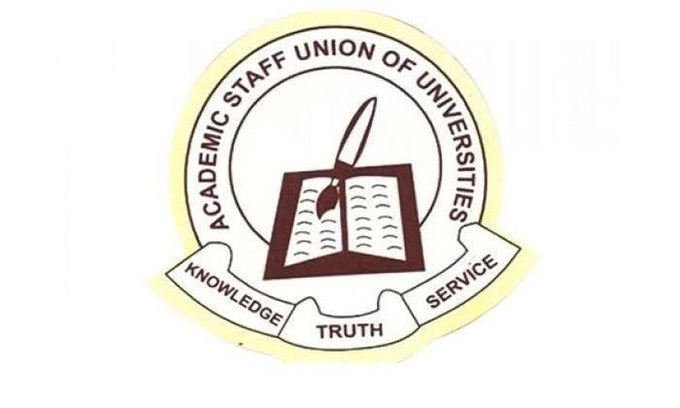Academic Staff Union of Universities (ASUU) Wednesday said it will not resume academic activities until its demands for embarking on industrial action are met before the outbreak of the COVID-19 pandemic.
The union added though, it is not opposed to calling for reopening of universities in the country.
However, the union asked Nigerians to “honestly interrogate this position.”
Speaking with reporters in Ilorin, Coordinator, Ibadan zone of ASUU Prof Ade Adejumo said “even if universities are opened today, our strike which was predicated on government’s readiness to honour its memorandum of agreement (MOA) with us continues.
“It is our responsibility to call the government’s attention to its duties to the nation and its citizens, this we have done and there is no
going back.
Ibadan zone of ASUU comprises the University of Ibadan (UI), University of Ilorin (Unilorin), Osun State University (UniOsun), Kwara State University (KWASU), and Ladoke Akintola University of Technology (LAUTECH).
He said that “throwing schools open in the midst of COVID-19 pandemic is an open invitation to a tragic explosion of the scourge on a scale never witnessed anywhere since its outbreak!”
Adejumo noted that there have been agitations from some quarters for the government to re-open schools, especially by proprietors of private universities, saying that the lives of students should not be endangered for pecuniary gains.
“Has the Nigerian government met the NCDC criteria on COVID- 19 protocol in our institutions? Must we endanger the lives of our children for pecuniary gains? Should the primary issue on life and death be used on profit matter? COVID-19 is still very much with us. It is in recognition of this fact that the government itself has rolled out certain conditions to be met before schools are re-opened.
“How many of our public institutions can confidently vouch for the safety of our children given the available facilities such as: provision of running water for handwashing; social distancing among students; the use of recommended face masks and shields, which are key components of NCDC protocols? A situation where a room meant for four now houses 20 students cannot be said to be social-distancing compliant. Our position, as a responsible Union on all these is that; throwing schools open in the midst of all these, is an open invitation to the tragic explosion of the COVID-19 scourge on a scale never witnessed anywhere since its outbreak! When this happens, Nigerians will not say that they were never warned,” he said.
The ASUU also said that members of the union would not resume work should the government reopen universities, saying, “Our strike action which was predicated on governments’ readiness to honour its MOA with us continues, even if the universities are opened today. It is our responsibility to call governments’ attention to its duties to the nation and its citizens; this we have done and there is no going back.
“In spite of the government’s attempt to blackmail ASUU for going on strike while coronavirus ravages the nation, it is instructive to put it on record that, the strike at that point in time was the most patriotic and pragmatic action for the Union to embark on. One would have thought that the government would use the opportunity of the lockdown to address the issues in contention with ASUU. Surprisingly, the government was carrying on as if the problems no longer exist. As we speak, the government has not called ASUU for discussion.
“Nigerians should note that IPPIS, though not part of our initial charter of demands, has been elevated to the status of the main issue by the government. Even at that, the Union has met the Government’s challenge for ASUU to develop an alternative platform that will take care of the peculiarities of the University system. To this end, we have developed and presented UTAS well ahead of the 18 months period that we promised while still addressing the problem of corruption as being touted by the government.
“This platform which is more comprehensive and robust than IPPIS was developed by our team of experts completely using our resources. This is another indication that speaks to the ability of Nigerian academics to further solve societal problems if given the requisite funding and enabling environment.”

